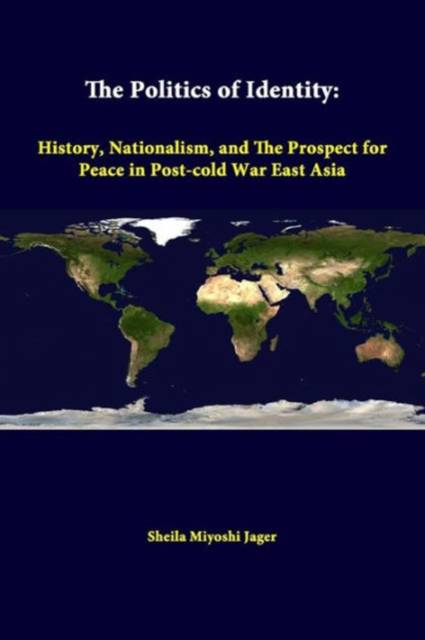
- Afhalen na 1 uur in een winkel met voorraad
- Gratis thuislevering in België vanaf € 30
- Ruim aanbod met 7 miljoen producten
- Afhalen na 1 uur in een winkel met voorraad
- Gratis thuislevering in België vanaf € 30
- Ruim aanbod met 7 miljoen producten
Zoeken
The Politics Of Identity
History, Nationalism, And The Prospect For Peace In Post-cold War East Asia
Strategic Studies Institute, Sheila Miyoshi Jager
Paperback | Engels
€ 21,45
+ 42 punten
Omschrijving
Both the Taiwan Strait and the Korean peninsula harbor real dangers for the Northeast Asian region. The clash between an increasingly divergent nationalist identity in China and in Taiwan represents a new challenge for U.S. policy in the region. Similarly, the rise of pan-Korean nationalism in South Korea, and an unpredictable North Korean regime that has succeeded in driving a wedge between Seoul and Washington, has created another highly combustible zone of potential conflict. This monograph, by Dr. Sheila Miyoshi Jager, explores how the United States might respond to the emerging new nationalism in the region in order to promote stability and peace. Offering a constructivist approach which highlights the central role that memory, history, and identity play in international relations, the monograph has wide-ranging implications for U.S. foreign policy.
Specificaties
Betrokkenen
- Auteur(s):
- Uitgeverij:
Inhoud
- Aantal bladzijden:
- 62
- Taal:
- Engels
Eigenschappen
- Productcode (EAN):
- 9781312299078
- Verschijningsdatum:
- 22/06/2014
- Uitvoering:
- Paperback
- Formaat:
- Trade paperback (VS)
- Afmetingen:
- 152 mm x 229 mm
- Gewicht:
- 104 g

Alleen bij Standaard Boekhandel
+ 42 punten op je klantenkaart van Standaard Boekhandel
Beoordelingen
We publiceren alleen reviews die voldoen aan de voorwaarden voor reviews. Bekijk onze voorwaarden voor reviews.











